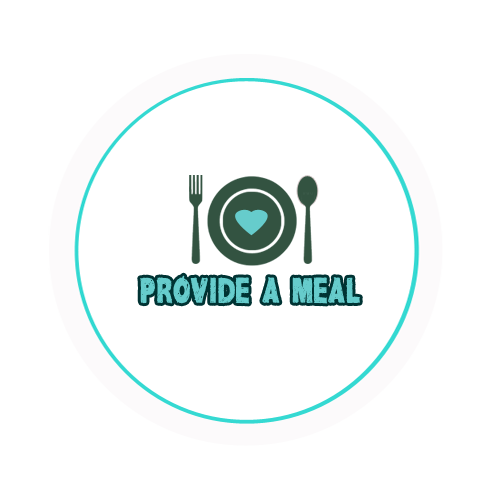
by Grace Uphill | Aug 17, 2022 | Food Poverty, Leftovers, Nutrition, PAM News
As part of our ongoing mission to alleviate food poverty and hunger – and to compensate for technical issues preventing us from receiving donations through the website and app – Provide a Meal has partnered with the team at Neighbourly to deliver surplus food parcels to beneficiaries and needy individuals at the point of need.
HOW DOES IT WORK?
Neighbourly helps to connect retail outlets with social enterprises, like Provide a Meal, so that unsold food can be donated free of charge to those who need it. The team at Provide a Meal receive daily notifications for surplus food donations, and work with the outlet to organise a time for collection.

We then work with our network of hostels in the local to supply their residents with a healthy, nutritious range of meals and snacks.
CASE STUDY – PRET A MANGER

Through The Pret Foundation, we have forged a strong relationship with the Pret A Manger shop in Gunwharf Quays. After the shop is closed for business; a variety of salads, rolls, sandwiches and snacks are made available for Provide a Meal to collect to make sure their unsold food goes to those who need it most. These food parcels are then delivered to hostels in the area, including All Saints Hostel in All Saint’s Road, Portsmouth.

This has proven to be a very mutually beneficial and rewarding partnership; and we we are hugely appreciative of the support and commitment shown by The Pret Foundation and Pret A Manger to make this a success.
We are keen to expand and scale this initiative by growing the number of outlets which we receive donations from so that we can serve more hostels and beneficiaries.
Receiving more donations of non-perishable items is another focus so that we can help satisfy more longer term needs.
HOW CAN YOU HELP?
At Provide a Meal we are constantly on the lookout for new volunteers to help deliver our mission to alleviate food poverty and hunger. If you would like to get involved with collections and food parcel delivers, please get in touch at [email protected]
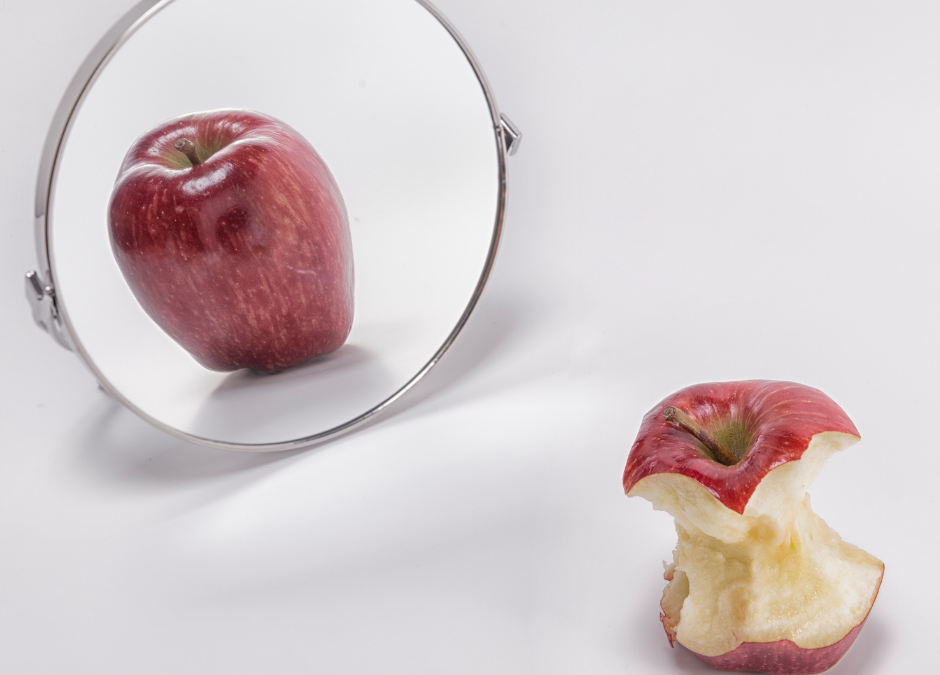
by lennie | Mar 1, 2022 | News, Nutrition
An eating disorder is a mental health condition where you use the control of food to cope with feelings and other situations.
Unhealthy eating behaviours may include eating too much or too little or worrying about your weight or body shape.
Anyone can get an eating disorder, but teenagers between 13 and 17 are mostly affected.
With treatment, most people can recover from an eating disorder.
Types of eating disorders
The most common eating disorders are:
- anorexia nervosa – trying to control your weight by not eating enough food, exercising too much, or doing both
- bulimia – losing control over how much you eat and then taking drastic action to not put on weight
- binge eating disorder (BED) – eating large portions of food until you feel uncomfortably full
Other specified feeding or eating disorder (OSFED)
A person may have an OSFED if their symptoms do not exactly fit the expected symptoms for any specific eating disorders.
OSFED is the most common eating disorder. You can find out more about OSFED on the Beat website.
Avoidant/restrictive food intake disorder (ARFID)
ARFID is when someone avoids certain foods, limits how much they eat or does both.
Beliefs about weight or body shape are not reasons why people develop ARFID.
Possible reasons for ARFID include:
- negative feelings over the smell, taste or texture of certain foods
- a response to a past experience with food that was upsetting, for example, choking or being sick after eating something
- not feeling hungry or just a lack of interest in eating
You can find out more about ARFID on the Beat website.
Check if you have an eating disorder
If you or people around you are worried that you have an unhealthy relationship with food, you could have an eating disorder.
Symptoms of eating disorders include:
- spending a lot of time worrying about your weight and body shape
- avoiding socialising when you think food will be involved
- eating very little food
- making yourself sick or taking laxatives after you eat
- exercising too much
- having very strict habits or routines around food
- changes in your mood such as being withdrawn, anxious or depressed
You may also notice physical signs, including:
- feeling cold, tired or dizzy
- pains, tingling or numbness in your arms and legs (poor circulation)
- feeling your heart racing, fainting or feeling faint
- problems with your digestion, such as bloating, constipation or diarrhoea
- your weight being very high or very low for someone of your age and height
- not getting your period or other delayed signs of puberty
You can read more about the symptoms of:
- anorexia
- bulimia
- binge eating disorder
Warning signs of an eating disorder in someone else
It can be very difficult to identify that a loved one or friend has developed an eating disorder.
Warning signs to look out for include:
- dramatic weight loss
- lying about how much they’ve eaten, when they’ve eaten, or their weight
- eating a lot of food very fast
- going to the bathroom a lot after eating
- exercising a lot
- avoiding eating with others
- cutting food into small pieces or eating very slowly
- wearing loose or baggy clothes to hide their weight loss
Getting help for an eating disorder
If you think you may have an eating disorder, see a GP as soon as you can.
A GP will ask about your eating habits and how you’re feeling, plus check your overall health and weight.
They may refer you to an eating disorder specialist or team of specialists.
It can be very hard to admit you have a problem and ask for help. It may make things easier if you bring a friend or loved one with you to your appointment.
You can also talk in confidence to an adviser from eating disorders charity Beat by calling their adult helpline on 0808 801 0677 or youth helpline on 0808 801 0711.
Getting help for someone else
It can be difficult to know what to do if you’re worried that someone has an eating disorder.
They may not realise they have an eating disorder. They may also deny it, or be secretive and defensive about their eating or weight.
Let them know you’re worried about them and encourage them to see a GP. You could offer to go along with them.
The eating disorder charity ‘Beat’ also has information on:
- what to do if you’re worried about a friend or family member
- what to do if you’re worried about a pupil
- what to do if you’re worried about an employee
- supporting someone with an eating disorder
Treatment for eating disorders
You can recover from an eating disorder, but it may take time and recovery will be different for everyone.
If you’re referred to an eating disorder specialist or team of specialists, they’ll be responsible for your care.
They should talk to you about the support you might need, such as for other conditions you have, and include this in your treatment plan.
Your treatment will depend on the type of eating disorder you have, but usually includes a talking therapy.
You may also need regular health checks if your eating disorder is having an impact on your physical health.
Your treatment may also involve working through a guided self-help programme if you have bulimia or binge eating disorder.
Most people will be offered individual therapy, but those with binge eating disorder may be offered group therapy.
Read more about the different treatments for:
- anorexia
- bulimia
- binge eating disorder
Treatment for other specified feeding or eating disorder (OSFED) will depend on the type of eating disorder your symptoms are most like.
For example, if your symptoms are most like anorexia, your treatment will be similar to the treatment for anorexia.
What causes eating disorders?
We do not know exactly what causes eating disorders.
You may be more likely to get an eating disorder if:
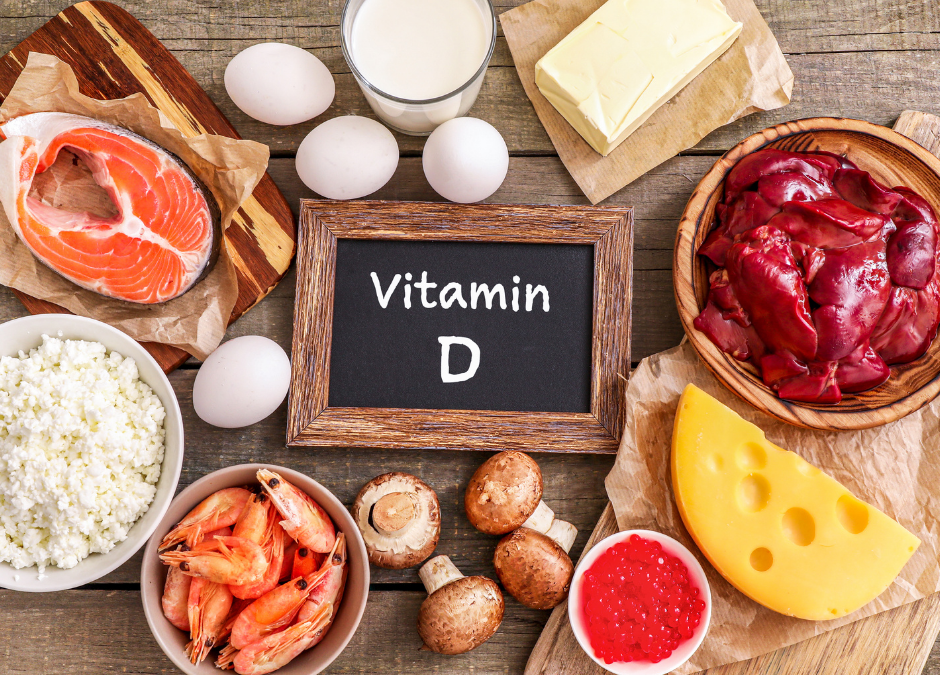
by lennie | Feb 19, 2022 | Food Tips, Nutrition
Vitamin D is a fat-soluble vitamin in a family of compounds that includes vitamins D1, D2, and D3.
Your body produces vitamin D naturally when it’s directly exposed to sunlight. You can also get vitamin D from certain foods and supplements to ensure adequate levels of the vitamin in your blood.
Vitamin D has several important functions. Perhaps the most vital are regulating the absorption of calcium and phosphorus and facilitating normal immune system function.
Getting enough vitamin D is important for typical growth and development of bones and teeth, as well as improved resistance to certain diseases.
Here is more information about the benefits of vitamin D, plus information about downsides, how much you need, and foods with vitamin D.
1. Vitamin D may fight disease.
In addition to its primary benefits, research suggests that vitamin D may also play a role in:
- Reducing the risk of multiple sclerosis (MS). A 2018 review of population-based studies found that low levels of vitamin D are linked with an increased risk of MS.
- Decreasing the chance of heart disease. Low vitamin D levels have been linked to increased risk of heart diseases such as hypertension, heart failure, and stroke. But it’s unclear whether vitamin D deficiency contributes to heart disease or simply indicates poor health when you have a chronic condition.
- Reducing the likelihood of severe illnesses. Although studies are mixed, vitamin D may make severe flu and COVID-19 infections less likely. A recent review found that low vitamin D levels contribute to acute respiratory distress syndrome.
Supporting immune health. People who do not have adequate vitamin D levels might be at increased risk of infections and autoimmune diseases, such as rheumatoid arthritis, type 1 diabetes, and inflammatory bowel disease.
2. Vitamin D may regulate mood and reduce depression
Research has shown that vitamin D might play an important role in regulating mood and decreasing the risk of depression.
A review of 7,534 people found that those experiencing negative emotions who received vitamin D supplements noticed an improvement in symptoms. Vitamin D supplementation may help people with depression who also have a vitamin D deficiency.
Another study identified low vitamin D levels as a risk factor for more severe fibromyalgia symptoms, anxiety, and depression
3. Risks of getting too much vitamin D
If you take excessive amounts of vitamin D supplements, you may get too much of it. However, this is unlikely to happen through diet or sun exposure because your body regulates the amount of vitamin D produced through sun exposure.
Vitamin D toxicity can lead to an increase in your blood calcium levels. This can result in a variety of health issues, such as:
- nausea
- apathy
- vomiting
- abdominal pain
- dehydration
- confusion
- increased thirst
some food sources of vitamin:
Some foods contain vitamin D naturally, and others are fortified with it. You can find vitamin D in the following foods:
- salmon
- sardines
- herring
- canned tuna
- cod liver oil
- beef liver
- egg yolk
- shrimp
- regular mushrooms and those treated with ultraviolet light
- milk (fortified)
- certain cereals and oatmeals (fortified)
- yogurt (fortified)
- orange juice (fortified)
It can be hard to get enough vitamin D each day through sun exposure and food alone, so taking vitamin D supplements could help.
Download PROVIDE A MEAL app and feed someone today! 


by lennie | Feb 14, 2022 | Nutrition
Mushrooms are well known for his or her high-quality flavor and incredible fitness benefits. Packed with a ton of vital nutrients and minerals, they make for an super addition on your diet, including taste to many exceptional recipes. Crimini mushrooms are one of the maximum extensively used mushroom varieties, famous in kitchens across the world. Many don’t recognize that mushrooms, consisting of crimini mushrooms, are sincerely a sort of fungus. They’re local to North America and Europe and are recognized for his or her sensitive taste and meaty texture. Health Benefits Mushrooms are a low-calorie meals that packs a dietary punch. Loaded with many fitness-boosting nutrients, minerals, and antioxidants, they’ve lengthy been diagnosed as an vital a part of any diet. For instance, mushrooms raised with publicity to ultraviolet mild are a great supply of Vitamin D, an vital thing in bone and immune fitness. Crimini mushrooms are a in particular super supply of zinc, an vital hint element. Zinc is a important nutrient for the immune device and is likewise wanted for making sure top of the line boom in babies and children. Moreover, researchers have located some of different super motives for incorporating mushrooms into your diet, inclusive of:
Lower Blood Pressure – Mushrooms are wealthy reassets of potassium, a nutrient recognized for decreasing the bad effect that sodium could have in your body. Potassium additionally lessens the anxiety in blood vessels, probably assisting to decrease blood pressure. Boost Immune System The anti inflammatory impact of mushrooms has been proven to substantially enhance the performance of the immune device. Research has located that mushrooms assist stimulate microphages withinside the immune device, improving its capacity to defeat overseas our bodies and making you much less liable to critical illnesses.
Nutrition -Mushrooms are a wealthy, low calorie supply of fiber, protein, and antioxidants. They may additionally mitigate the danger of growing critical fitness conditions, inclusive of Alzheimer’s, coronary heart disease, cancer, and diabetes. They’re additionally high-quality reassets of:
Selenium
Copper
Thiamin
Magnesium
Phosphorous
Weight Loss – Long and short-time period research alike have located that mushrooms, in mixture with exercising and different way of life changes, could have an vital effect on weight loss. For example, after being requested to alternative 20 percentage in their red meat intake with mushrooms, studies members confirmed upgrades of their BMI and stomach circumference. The antioxidants in mushrooms also are notion to lessen the danger of high blood pressure and different metabolic disorders.
Download PROVIDE A MEAL app and feed someone today! 

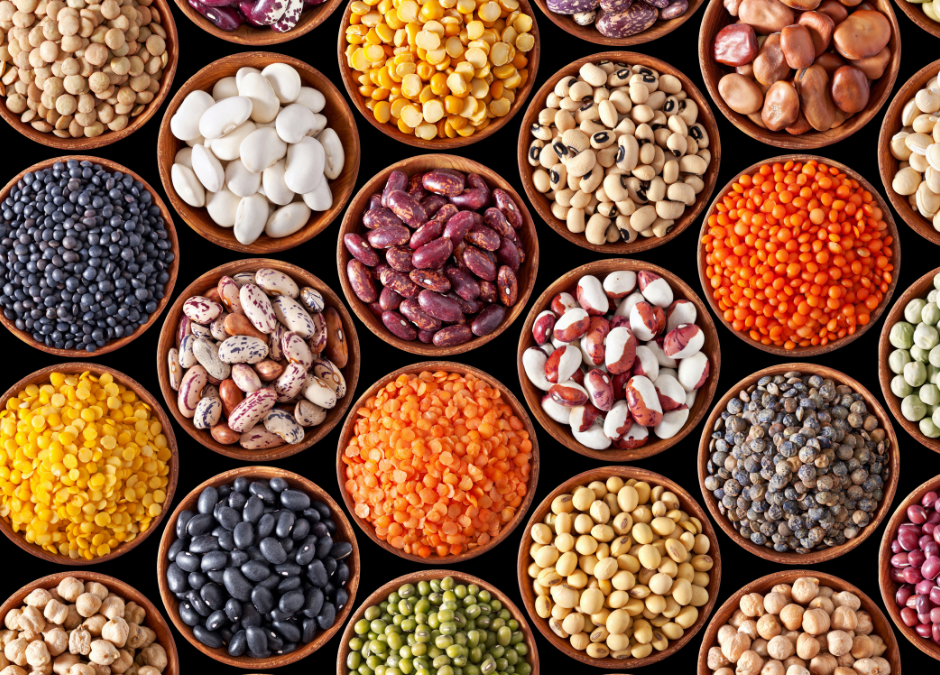
by lennie | Dec 11, 2021 | Food Tips, Nutrition, Uncategorized
1. They’re a secret superfood
Ounce for ounce, lentils have the utmost amount protein as steak (with but 10 percent of the fat!). A half-cup of these pulses (pulses are a kind of legume, like dried peas or chickpeas) provides you with nine grams of protein and eight grams of healthy fiber–that’s almost a thirdof the daily recommended amount! And, as noted within thepoint of entry Chronicle, a diet high in lentils and other pulses can reduce your risk of cancer, diabetes and heart disease.
2. this easy ingredient is easy on your wallet
Since the U.S. Department of Agriculture considers lentils both a vegetable and a source of protein, this inexpensive ingredient can do double duty in your kitchen. On average, lentils cost about $1 for a one-pound bag, while one pound of lean beef costs about $6 (with other cuts costing much more). give some thought to those savings!
3. Lentils let leftovers last
Stretch leftover Christmas turkey or holiday ham by incorporating lentils. By adding cooked lentils to your soup or casserole, you’ll make these tasty ingredients go further. It’s a wonderful due to make the vacations last a small amount longer while saving some pennies.
This gives you flexibility in planning your meals: use lentils to stretch meat dishes further (like during this healthy, slow cooker chicken sausage stew) or use them as a protein in your favourite Meatless Monday dinners.
4. They’re used across the planet
Billions of people around the world rely on lentils for protein every single day. Some countries’ signature cuisines include lentils, like India’s dal, the simmered lentil dish. Lentils, together withbeans and rice, are a heavy food source throughout earth, Caribbean and Mediterranean. People from many cultures understand how tasty and nutritious the tiny legumes could also be.
5. Lentils keep you full
Lentils are low on the glycemic index (GI), meaning they keep your glucose humming along evenly without spikes and crashes. While foods low on the glycemic index are especially helpful for people with diabetes, everyone can benefit. In fact, low-GI foods can help prevent you from developing diabetes.
6. They’re the correct addition to smoothies
Here’s a surprising because of up the protein content of your smoothie without the weird, silty (and pricey) powder: blend 1/2 cup cooked lentils into your favorite recipe. The lentils add rich texture, and you never even know they’re there! they assist you stay fuller longer, too.
7. They’re eco-friendly!
Lentils use few resources to grow and, calorie for calorie, produce only 2.5 percent of the gas greenhouse emissionas beef, and 10 percent of the CO2 of tofu. that produces lentils one in every of the greenest crops to grow—especially after youconsider their high protein content.
Download PROVIDE A MEAL app and feed someone today! 

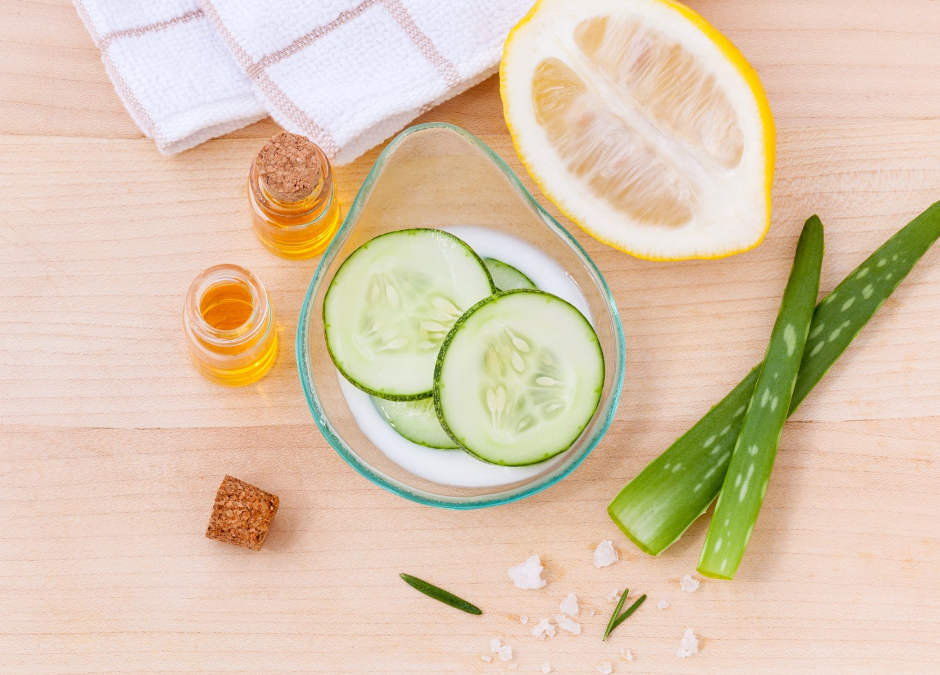
by lennie | Nov 27, 2021 | Nutrition, Uncategorized
1. Eat a minimum of 5 portions of fruit and vegetables a day
Fruit and vegetables contain powerful antioxidants that help to guardskin from the cellular damage caused by free radicals. Free radicals, smoking, pollution and sunlight can cause wrinkling and age spots. Eat a rainbow of colourful fruit and vegetables and aim for a minimum of five portions every day. Betacarotene, found in carrots, sweet potatoes and pumpkin, and lutein, found in kale, papaya and spinach are potent antioxidants, important for normal vegetative celldevelopment and healthy skin tone.
2. Eat enough vitamin C
Vitamin C is additionally an excellent antioxidant. it’s needed to support the immune system, promote radiant skin and help blemishes heal properly. the most effective sources are blackcurrants, blueberries, broccoli, guava, kiwi fruits, oranges, papaya, strawberries and sweet potatoes. ascorbic acid is needed to produce collagen that strengthens the capillaries that provide the skin.
3. Don’t crash diet
Repeatedly losing and regaining weight can take its toll on your skin, causing sagging, wrinkles and stretch marks. Crash diets are often short in essential vitamins and minerals too. Over long periods of your time this kind of dieting will reflect on your skin. it’s always best to eat a healthy, diet.
4. fill up on selenium
Selenium could be a powerful antioxidant. It works alongside other antioxidants like vitamins E and C and is crucial to support the system. Studies suggest that a selenium-rich diet can help to shieldagainst carcinoma, sun damage and age spots. a way to spice upyour intake is to eat Brazil nuts. Just four nuts will provide the recommended daily amount (RDA). Mix Brazil nuts with other seeds rich in antioxidant as a snack or salad sprinkle. Other good sources are fish, shellfish, eggs, wheatgerm, tomatoes and broccoli.
5. Eat enough vitamin E
Vitamin E protects skin from oxidative (cell) damage and supports healthy skin growth. Foods high in tocopherol include almonds, avocado, hazelnuts, pine nuts and sunflower and corn oils.
6. Drink six to eight glasses of water each day
Skin needs moisture to remain flexible. Even mild dehydration will cause your skin to appear dry, tired and slightly grey. Drink six to eight glasses of water on a daily basis – all fluids count towards your daily allowance, but water is that the best. If you’re employed in an office, keep an outsized bottle of water on your desk to remind you to drink. Herbal, caffeine-free teas are good too. Don’t forget that some fruit and vegetables, like watermelon, courgette and cucumber, also contribute fluids – the additional benefit is that the minerals they contain will increase the speed you hydrate your body and skin. try and avoid smoking and excessive alcohol consumption as both can age the skin.
7. Eat some healthy fat
Monounsaturated and polyunsaturated fats – the types found in avocados, oily fish, nuts and seeds – provide essential fatty acids which act as a natural moisturiser for your skin, keeping it supple and improving elasticity. These fats also come packaged with a healthy dose of fat-soluble vitamin (a vitamin many folks lack), which canhelp protect against atom damage.
8. go for omega-3
Make sure you get enough omega-3 and omega-6 fats. These are essential fatty acids which mean they can not be made within thebody and must be obtained through the diet. you’ll find omega-3s in oily fish and plant sources like linseed and their oil, chia seeds, walnuts and oil. Omega-3 fats encourage the body to provideanti-inflammatory compounds, which may help inflammatory skin conditions like eczema and psoriasis.
9. Eat more phyto-estrogens
Phyto-estrogens are natural chemicals found in plant foods (phyto from the Greek word for plant). they need the same structure to the feminine steroid hormone oestrogen and are found to assist keep our natural hormones in balance. There are differing kinds, some are found in soya bean products (isoflavones) like tofu, whereas others are found within the fibre of wholegrains, fruit, vegetables and linseed (lignans). Include phyto-estrogen rich soya, wholegrains, fruits and vegetables as a part of a diet.
10. choose low-GI carbs
The glycaemic index (GI) could be a system that ranks carbohydrate-based foods on how slowly or quickly they’re weakened within thebody into glucose. attempt to eat many beans, pulses, porridge and other low-GI, slow-releasing carbohydrates. These release sugar into the blood stream gradually, providing you with a gentle supply of energy and leaving you feeling satisfied for extended and thus less likely to snack. Avoid high-GI carbohydrates like biscuits and sugary drinks, as they cause production of insulin, which can damage collagen and accelerate wrinkles.
11. Eat lots of zinc
Zinc is involved within the normal functioning of the sebaceous glands within the skin (which produce oil) and helps to repair skin damage and keep skin soft and supple. Zinc-rich foods include fish, lean white meat, wholegrains, poultry, nuts, seeds and shellfish.
Download PROVIDE A MEAL app and feed someone today! 




